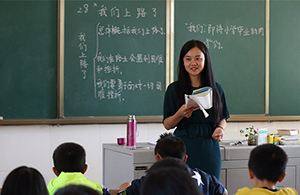No illusions about Abe’s cabinet
By Sun Lin (chinadaily.com.cn) Updated: 2013-02-01 08:00Despite taking office just weeks ago, the new Japanese cabinet has sent a clear signal to the world that it is determined to escalate regional tensions by encircling China.
As a countermeasure against China, Tokyo takes measures to strengthen ties with Southeast Asia. Japanese Prime Minister Shinzo Abe is on his first trip abroad to Indonesia, Vietnam and Thailand, while his foreign minister Fumio Kishida just finished his tour to the Philippines, Singapore, Brunei and Australia last week.
Abe is seeking to renew the "arc of freedom and prosperity" around China that he mapped out during his first term in office.
Two days after his inauguration, Abe talked by phone with leaders of China’s neighboring countries, including Russia, India, Australia, Vietnam, and Indonesia, in a bid to keep China in check.
This week, Abe is also sending his envoy to NATO, calling for closer ties confronting China’s rising maritime power.
Abe has reiterated his hawkish remarks that Japan will not negotiate with China in the territorial dispute on several occasions, while extending an olive branch toward South Korea’s President-elect Park Geun-hye. "Both nations share liberal and democratic values, and have respect for basic human rights and the rule of law," Abe said.
According to the Japanese defense minister, the cabinet is planning to increase its defense budget this year for the first time in 11 years. The new increase would be used to address rising threats to its territory from "neighboring countries".
As Japan’s right–wing cabinet has no intention of easing tensions with China, we should realize that China-Japan relations are entering a highly volatile period. Pay closer attention to what action Abe’s cabinet will take, and make full preparations to respond to escalating conflicts created by Japan. No illusions should be held.
The opinions expressed here do not represent the views of the China Daily website.












